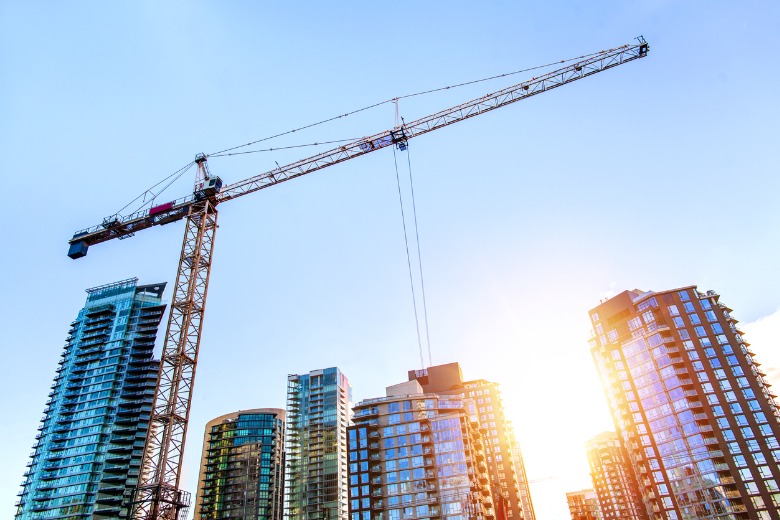
Legislation that would introduce contentious reforms to NSW developer levies has hit a speed bump after an Upper House committee recommended the changes be deferred.

The Legislative Council planning and environment committee in June launched an inquiry into the proposed amendments to the Environmental Planning and Assessment Act 1979.
The amendments, part of a sweeping state government reform agenda for the infrastructure contributions system, were due to come into force in July 2022.
Among other changes, the Bill would introduce a broad-based pooled regional contributions system and extend provisions, originally introduced in response to covid-19, allowing developers to defer payments.
These are significant reforms to the infrastructure contributions system and we want to see that they are done right.
Upper House Planning and Environment Committee Chair Cate Faehrmann.
The bill was bitterly opposed by councils, who said it left too many questions unanswered, pre-empted a number of current inquiries and would have given the state government unfettered powers to further mess with the system.
In a report tabled on August 10 the committee recommended that the Bill not proceed until draft regulations had been developed and released for consultation, and reviews into the rate pegging system, benchmarking and the essential works list by the independent pricing regulator, IPART, are published.
Lack of detail
Committee chair Cate Faehrmann said a key concern was about the lack of detail in the Bill and the absence of directions and draft regulations.
“The committee also received evidence regarding the number of outstanding reviews and consultation processes that impact significantly on the implementation of the Bill and reforms,” she said.
“Without these important details it was impossible for the committee to determine whether or not the Bill will make positive changes to the infrastructure contributions system.
“We could not see how it was going to be implemented or how stakeholders involved in the system will be affected. These are significant reforms to the infrastructure contributions system and we want to see that they are done right.”
Planning Minister Rob Stokes has indicated he wants to push ahead with the Bill but the legislation is now likely to stall in the Uppper House where it will need the support of the cross benches and Labor.
Councils welcome decision

LGNSW President Linda Scott said it was unconscionable that the local government sector wasn’t consulted when the government tried to push the changes through, which had enormous consequences for councils and communities.
“Infrastructure contributions are the primary way councils fund the demand for increased infrastructure brought on by new developments in their areas,” Cr Scott said.
“To delay or reduce payments would result in a consequential hit to important community infrastructure
such as pools and parks, as well as investment and jobs that would have been generated through the
design, development, delivery and operation of these public facilities.”
She said the complete lack of detail in the Bill meant it was impossible to tell what the financial implications of the bill would be.
Developers say we told you so
The report has frustrated the developer lobby but Urban Taskforce CEO Tom Forrest says the recommendation to defer was inevitable because the legislation was rushed before parliament too early.

“The Bill was brought before the Parliament too early,” Mr Forrest said.
“The detail was simply not there to support the Bill. The Department of Planning had not conducted consultation with industry, local government or landowners on the proposed changes. Case studies and draft practice notes, regulations and ministerial directions had not been prepared.”
He said developers were concerned about giving a blank cheque to councils or government without seeing the detail.
IPART has commenced reviews of infrastructure benchmarking and essential works lists and plans to publish a draft report in October, with a final report scheduled for December.
The reviews are to ensure local infrastructure contributions plans reflect development-contingent costs only, the regulator says.
IPART is also reviewing the rate pegging system, including proposals to tie rates to population growth as recommended by the Productivity Commission, with a final report due next month.
Comment below to have your say on this story.
If you have a news story or tip-off, get in touch at editorial@governmentnews.com.au.
Sign up to the Government News newsletter